NBA's Most Overpaid Players
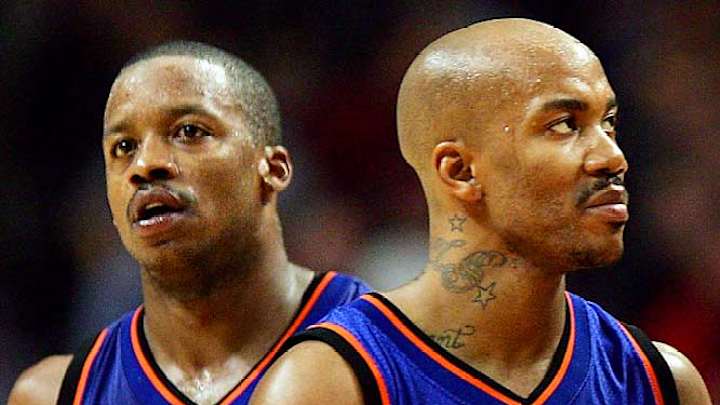
NBA's Most Overpaid Players
Stephon Marbury and Steve Francis, Knicks

All that money and not a single playoff-series victory for either Marbury ($17,184,375 this season) or Francis ($15,070,000), who share the starting backcourt in New York. Marbury is having the worst season of his 11-year career, and Francis, who is suffering from knee tendinitis, hasn't been especially productive when healthy. Both are signed through 2008-09.
Chris Webber, 76ers
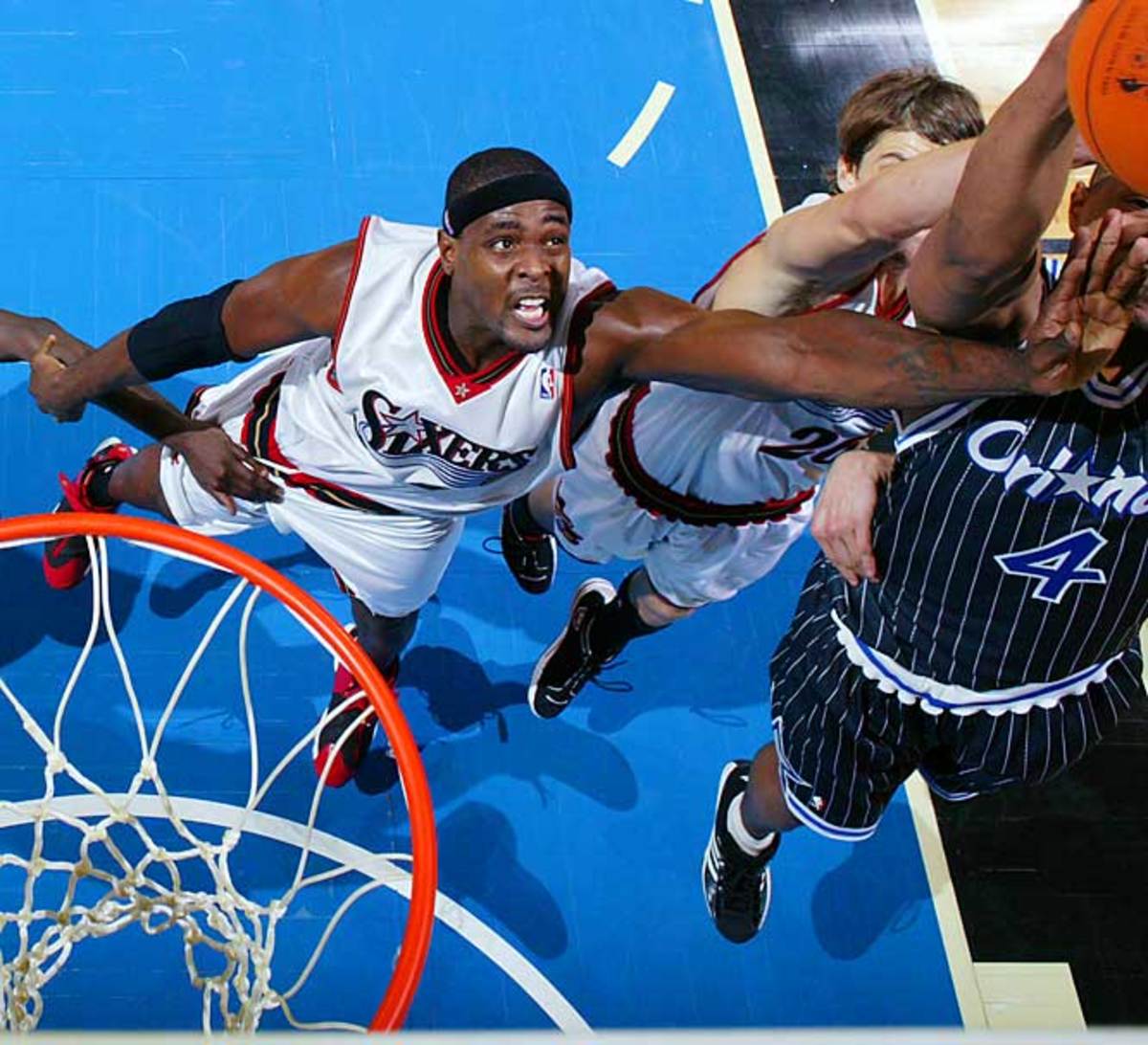
Webber still has his moments thanks to his craftiness and high skill level, but he's shooting under 40 percent for the first time in his 14-year career and struggling to average double digits in scoring. His lack of mobility and defensive shortcomings have led to frequent fourth-quarter benchings. His salary balloons to $22,312,500 next season.
Michael Finley, Spurs
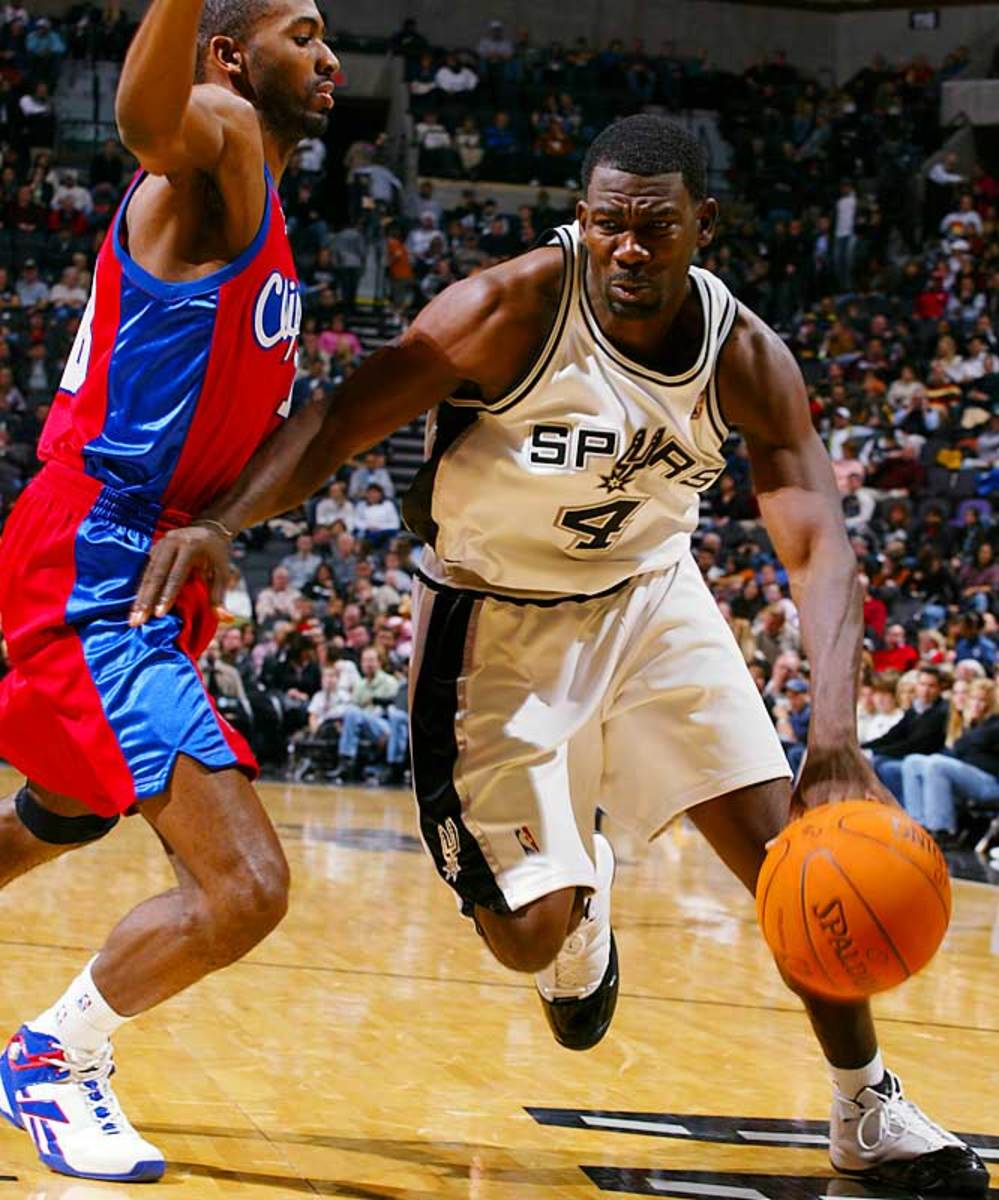
The 12th-year swingman (7.0 ppg, 34.3 FG% through 23 games) with a $19,030,999 salary leads the list of players still being paid big dollars by their former teams (the Suns' Jalen Rose also figures prominently here after the Knicks bought him out for $14.6 million in October). The Mavs used the one-time amnesty provision to waive Finley in August 2005, escaping any luxury-tax penalty for his salary while still being responsible for the money on his Dallas contract ($16,141,999 this season and $18,593,750 next season). Other amnesty cuts include the Lakers' Aaron McKie (owed $5,570,874 by Philadelphia), Washington's Calvin Booth ($6,629,891 by Milwaukee) and Charlotte's Derek Anderson ($9,742,500 by Portland).
Grant Hill, Magic
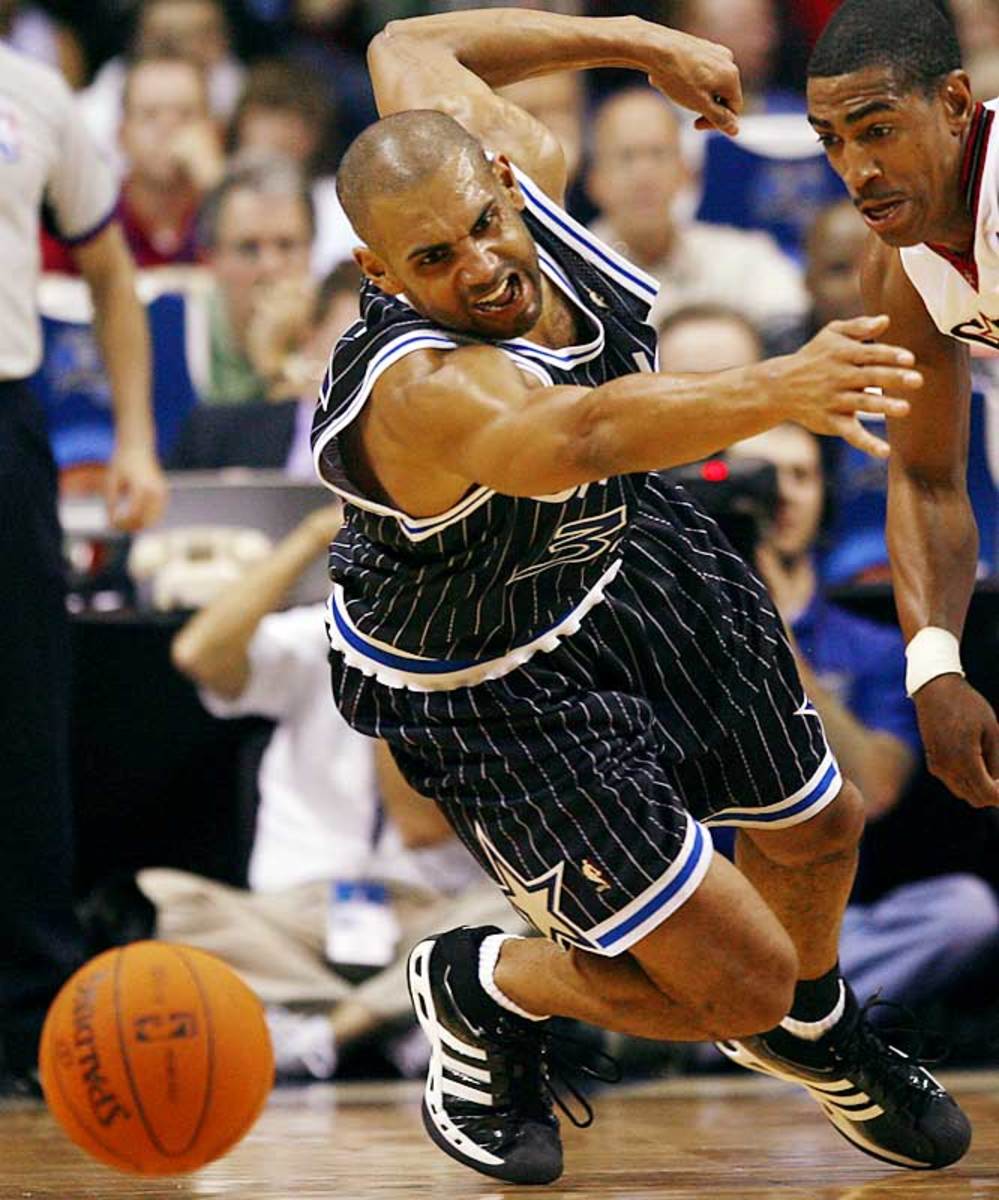
He's been a feel-good story and highly efficient offensive player during Orlando's surprising start, but this much dough for a player who averages only 30 minutes and sometimes sits out the second game of a back-to-back set as a precaution?
Eddie Jones, Grizzlies
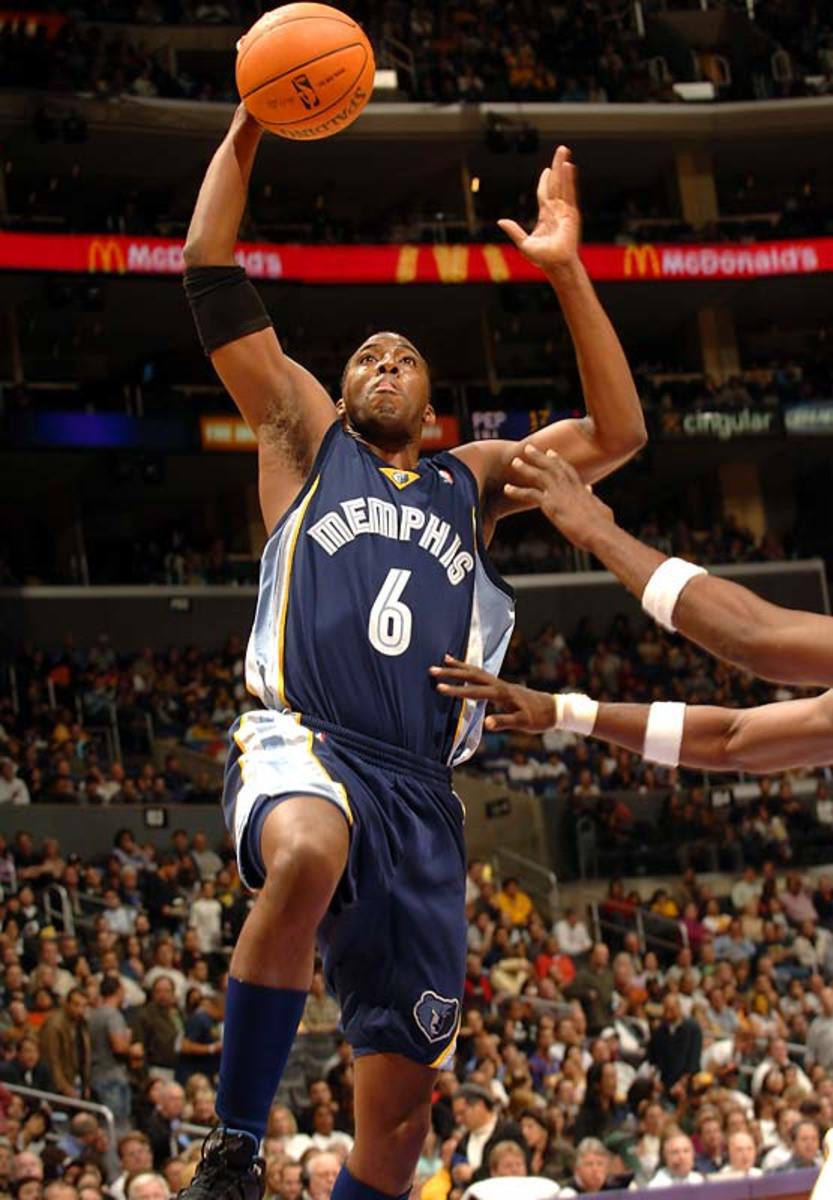
Nice work if you can get it: Jones has split his season between nursing an Achilles injury and being a non-factor for the last-place Grizzlies (30 percent shooting from the field). The good news for Memphis is that the 35-year-old guard's contract expires after the season.
Larry Hughes, Cavaliers
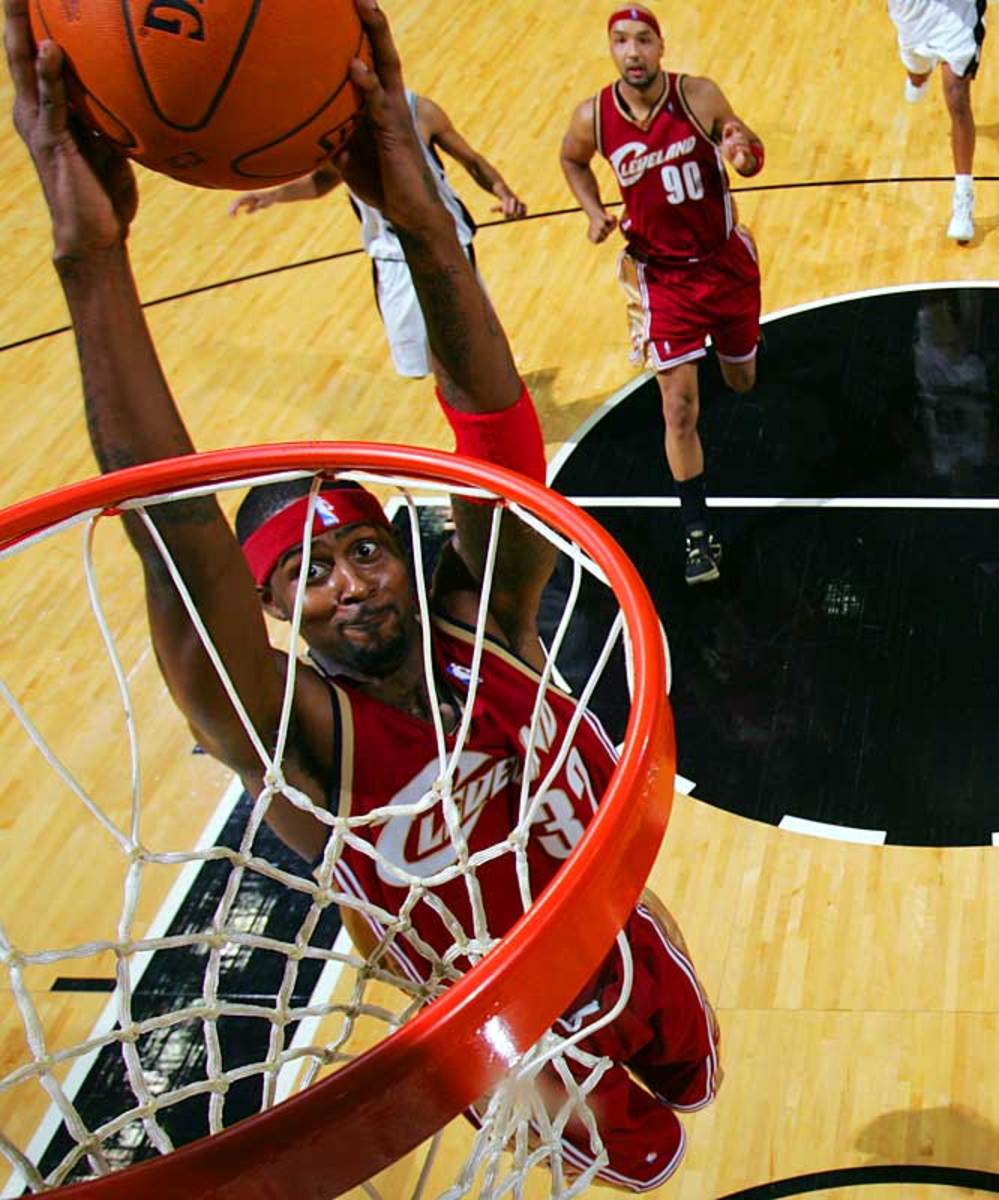
Perhaps he'll emerge as the consistent No. 2 option Cleveland needs to make a championship run, but since joining the Cavs as a free agent last season, Hughes has been a pedestrian shooting guard slowed by injuries.
Kenyon Martin, Nuggets
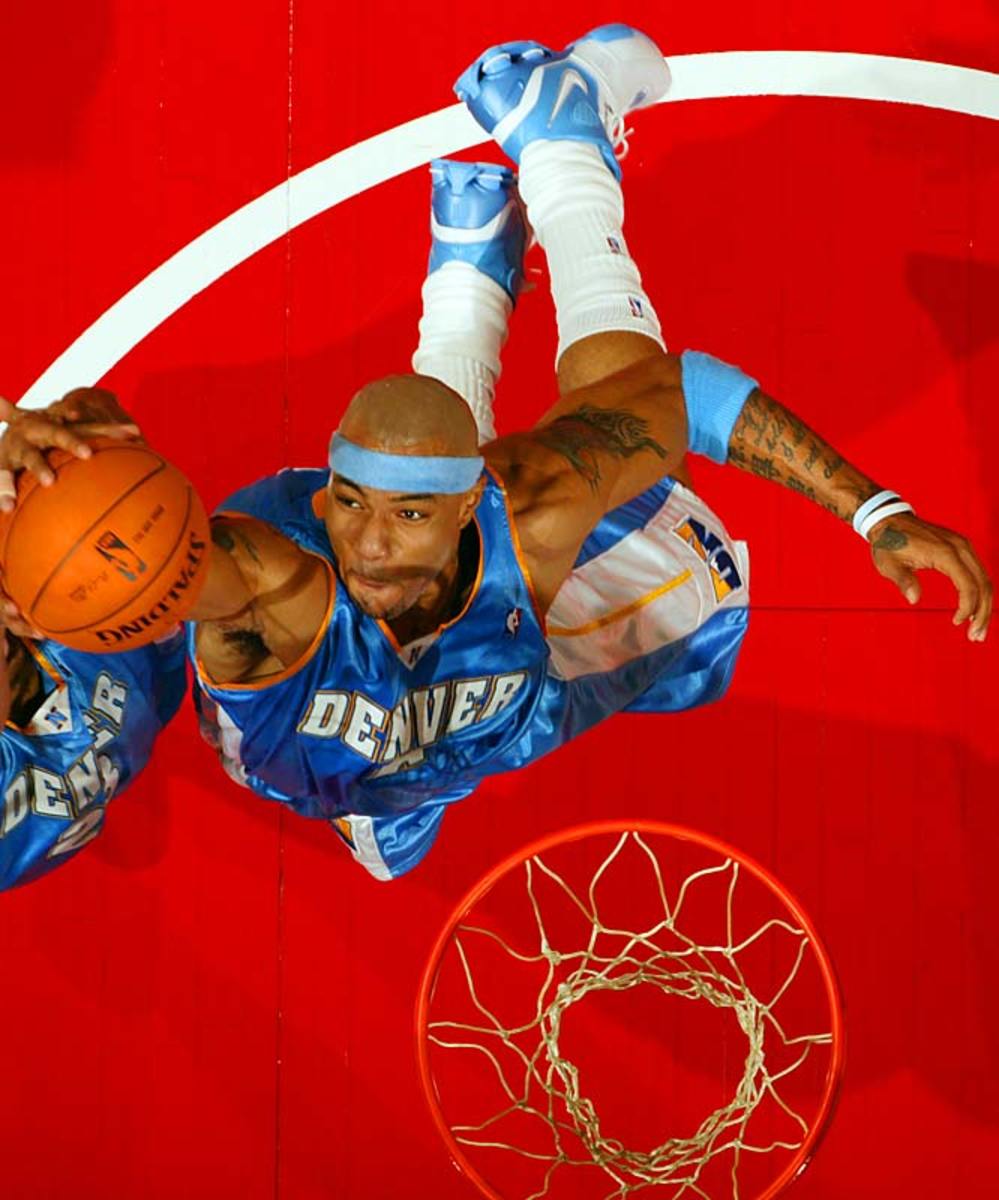
How valuable can he be if the Nuggets have gone 41-15 without him the last two-plus seasons? Hampered by knee problems throughout a Denver tenure also marked by a suspension during the 2006 playoffs for a run-in with coach George Karl, Martin had microfracture surgery in mid-November and is done for the season.
Theo Ratliff, Celtics
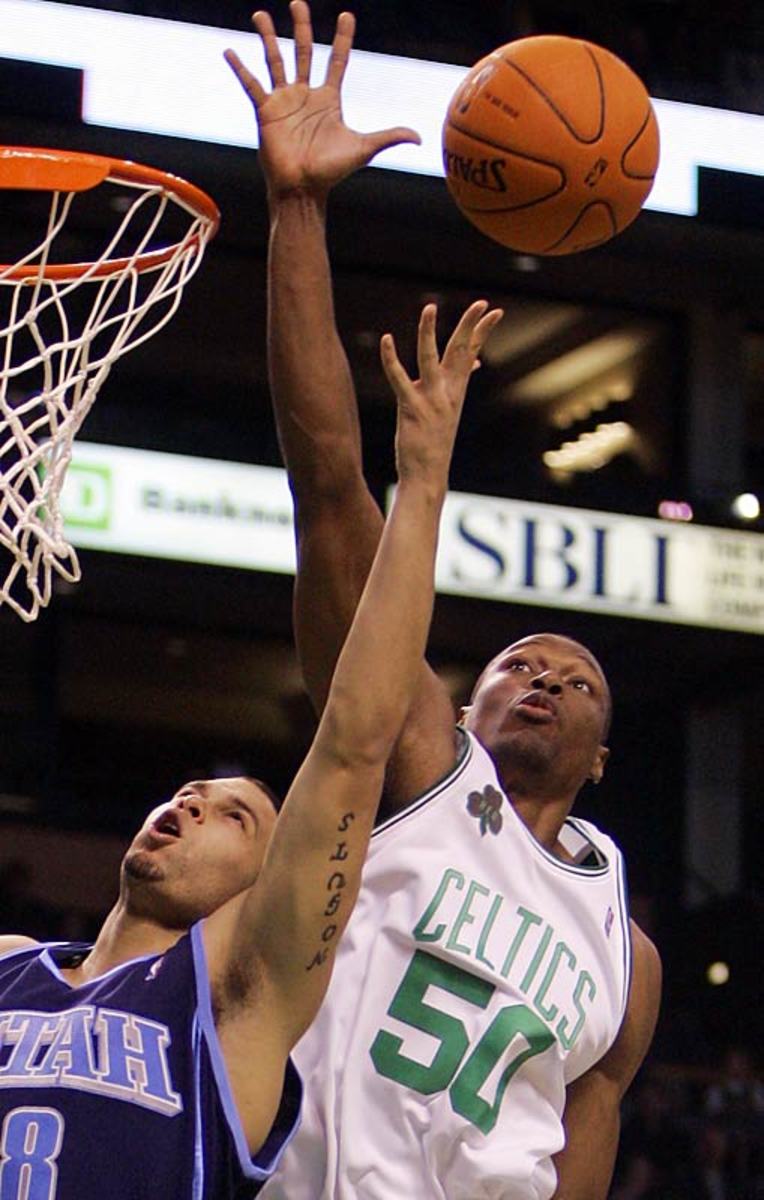
The injury-plagued center has averaged 4.8 points, 5.1 rebounds and 2.1 blocks a game since 2004, the last time he was a full-time starter. Ratliff, 33, who came to Boston as part of the Sebastian Telfair trade in June, is on the books for the same salary next season.
Raef LaFrentz, Trail Blazers
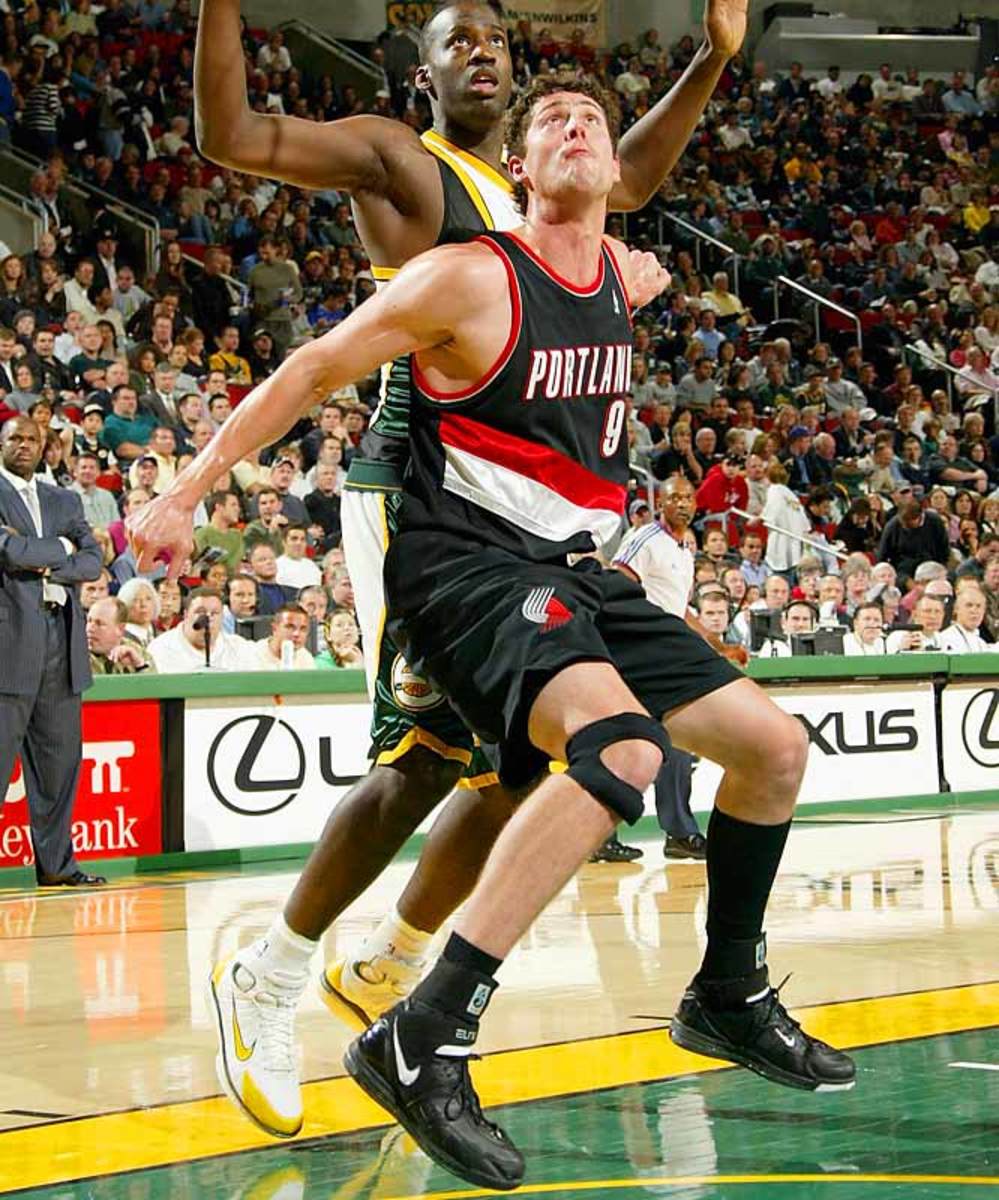
Like Theo Ratliff, the 30-year-old forward-center was part of the Sebastian Telfair deal, a trade that leaves Portland on the hook for the remaining three years and $36.7 million on LaFrentz's contract. LaFrentz, who missed the first 17 games of the season with a calf injury, hasn't averaged more than 11.1 points a game since the 2001-02 season.
Adonal Foyle, Warriors
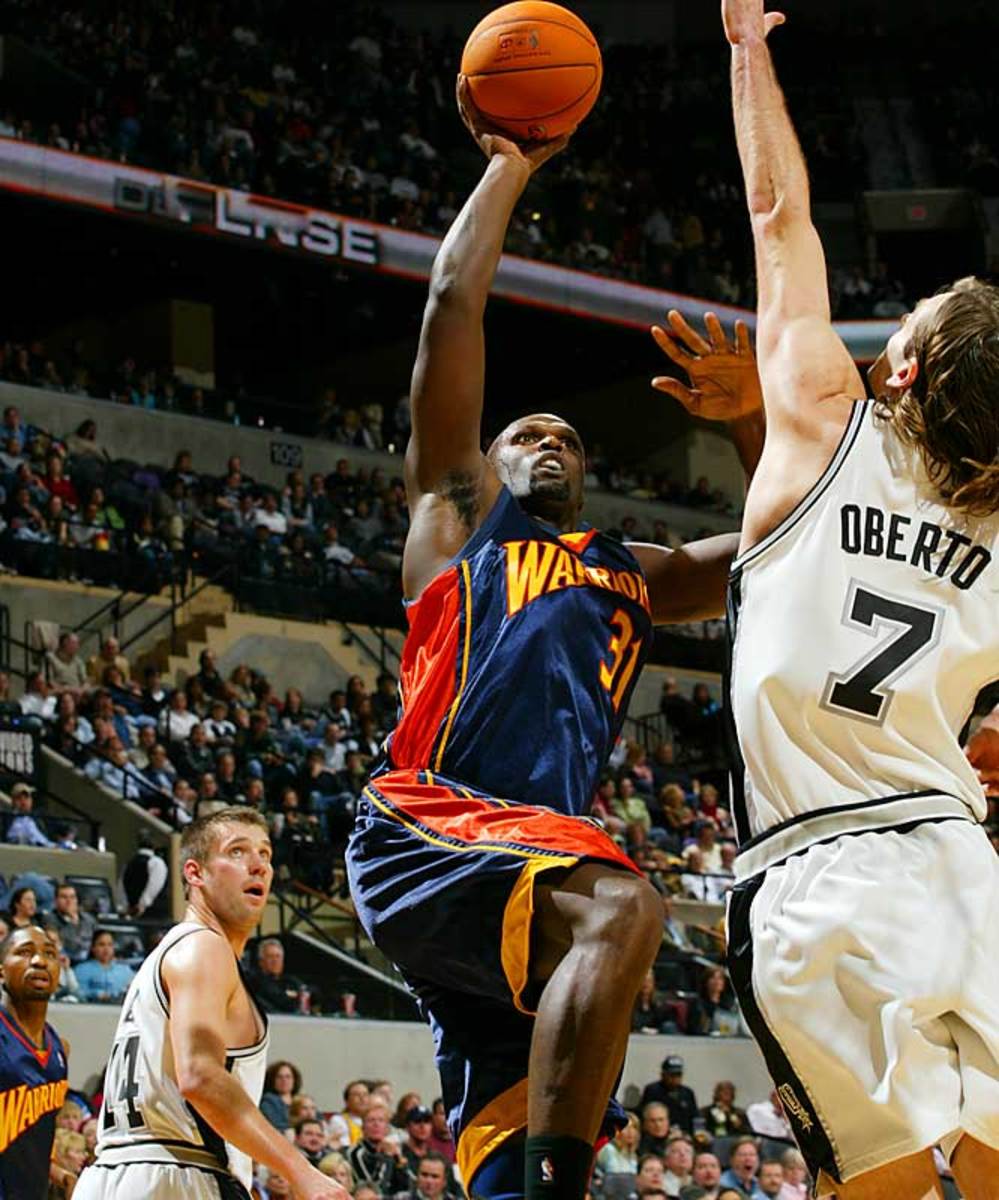
In a fierce competition among well-heeled, seldom-used big men (hello, Malik Rose, Jerome James, P.J. Brown, Corliss Williamson and Danny Fortson), Foyle gets the nod for his steady inactivity. A poor fit for Don Nelson's small ball, the shot-blocking specialist didn't play because of a coach's decision in 11 of the Warriors' first 22 games. Foyle, one of a handful of team vice president Chris Mullin's questionable signings, still has three more years on his contract after this one.
